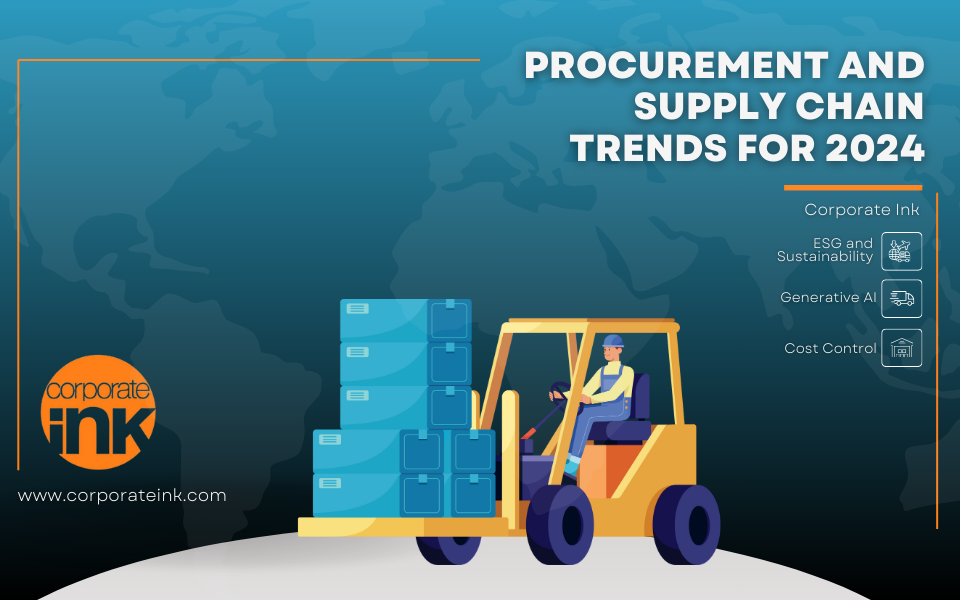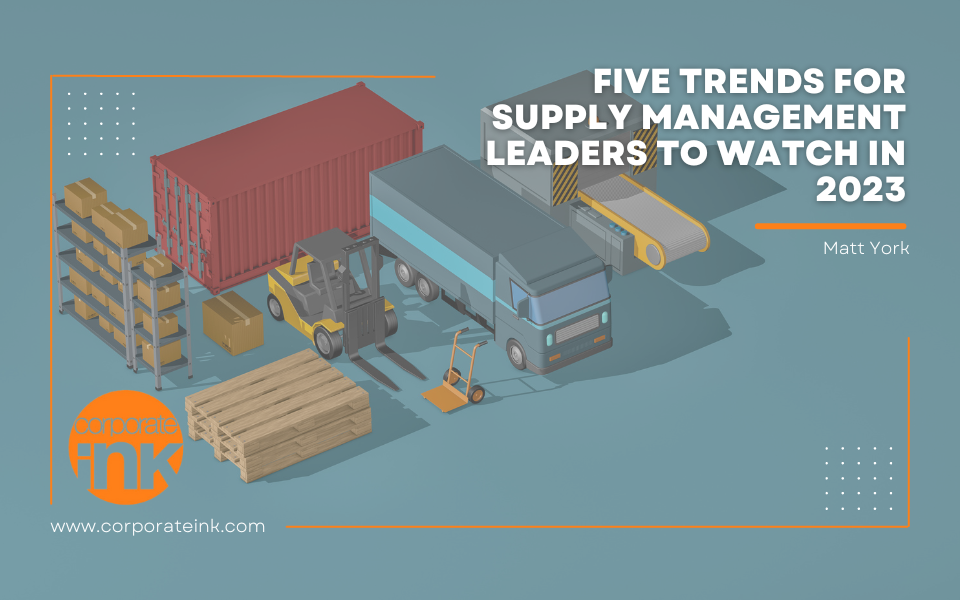
Solving the Puzzle, Working Together to Escape the Room
July 16, 2015Local sourcing: An asset or a liability?
April 28, 2016 It seems like everyone is talking about millennials – still. For the past few years, marketers, journalists and brands have been intrigued by this rising, highly influential generation, and have done everything in their power to get its attention. Since consumers in this demographic are early adopters of technology and culture with large spending power and buying influence, this obsession seems logical from a brand recognition and sales perspective.
It seems like everyone is talking about millennials – still. For the past few years, marketers, journalists and brands have been intrigued by this rising, highly influential generation, and have done everything in their power to get its attention. Since consumers in this demographic are early adopters of technology and culture with large spending power and buying influence, this obsession seems logical from a brand recognition and sales perspective.
But what’s even more interesting than how companies are getting creative in reaching millennials is how the generational characteristics of millennial consumers have rapidly shaped global business, and ultimately changed the way organizations manufacture, source and sell goods and services around the world. Once a relatively simple landscape, modern supply chains have dramatically transformed to accommodate the growing expectations of particular, technologically savvy millennial consumers.
Great expectations: They want what they want, when and where they want it
Deeply rooted in a digital landscape that promotes an “always on” mentality and sets a standard for instant gratification, millennial consumers generally have less patience than previous generations and demand customized service – they expect stores to offer the exact products they want, through their medium of choice (whether that’s in-store, online or mobile) and get it to them quickly, preferably within the same day at no extra cost.
Retailers are desperately trying to fully integrate their online, mobile and in-store offerings to create a seamless shopping experience across all channels, while maximizing the unique strengths of each. If companies don’t restructure their supply chains to accommodate this new global standard, they put customer loyalty – and ultimately the future of the business – at stake.
Digital mavens: They’ve done their research ahead of time
Millennial consumers are armed with the power of the Internet, where they can read product reviews, browse competitor websites and know virtually everything about a product before they even walk into a store or pull up a webpage to purchase it.
This knowledge is forcing retailers to develop better long-term relationships with their suppliers so they can secure the highest quality sources of supply and work with their trusted partner base to create innovative products that meet consumers’ exact needs and demands. Sourcing is no longer a back office, tactical function, but a collaborative, strategic component of an organization’s overall business strategy and direction.
Fear of commitment: Why own when you can rent?
The impact of the sharing economy on the global supply chain cannot be overstated. New business models are popping up everywhere – Airbnb, Uber, Lyft, Rent the Runway, Kickstarter – that present new, efficient approaches to getting people access to more goods and resources by sharing them with the broader community.
This poses a significant threat to retailers. As these new, collaborative business models continue to take hold, forecasting product demand will get even harder. When consumers gravitate toward sharing goods and resources with other consumers, companies are left with an overabundance of product on the shelves and ordering the right amount of inventory can feel like a guessing game. Retailers are starting to think of their chains as a network of supply partners, focusing on creating strong, collaborative supplier relationships. The goal is for companies and suppliers to work together in real-time to better predict consumer demand and plan inventory so both parties can avoid the financial consequences of out-of-stock inventory and overloaded shelves.
Clean labels: Social responsibility is no longer optional
As part of their research, millennials increasingly investigate the social responsibility of a company from which they purchase. It’s no longer acceptable to have extensive, convoluted ingredient lists for a product, or be ignorant of a product’s origin. Consumers are now demanding insight into where their goods come from, and they want to know details around product quality, safety, ethics and the product’s impact on the their health and the environment. They’re asking for greater accountability from the world’s biggest brands – and it’s working.
For example, fast casual restaurant chains, such as Panera Bread and Chipotle, have started listening to consumers and its leadership has taken a pledge to remove artificial preservatives from food supply and use only non-genetically modified organisms (GMO), antibiotic-free ingredients in the restaurant’s dishes. While revamping menus to incorporate simple, healthy ingredients is a win for both consumers and brands in the long run, it’s a lofty feat from a supply chain perspective – restaurants have to re-evaluate existing suppliers to ensure they can meet the new specifications and find enough “clean” inputs to complete the overhaul. This push for greater accountability has driven even the world’s biggest brands to shift their sourcing strategies to capture the millennial market.
Speaking of corporate social responsibility, are you looking for a partner to help you showcase your supply chain expertise and commitment to the greater good? Check out this coverage we secured for EcoVadis, a client that’s improving sustainability, fair labor practices and CSR throughout the global supply chain.




